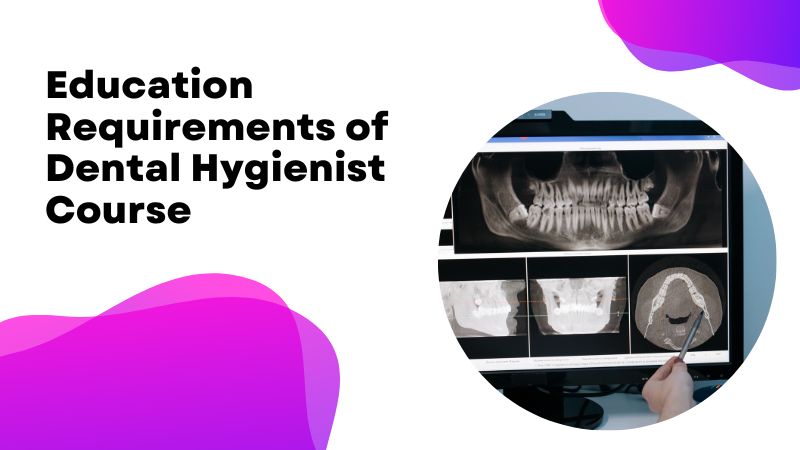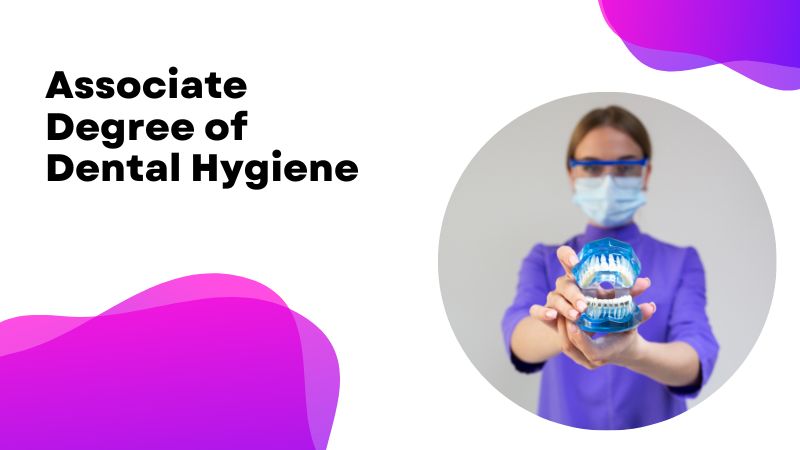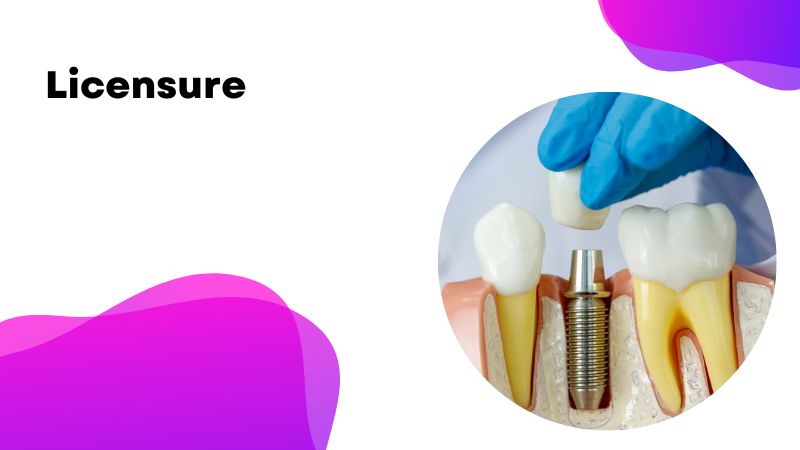Hallo all my Best Friends In This Blog Topic We Discuss About Requirements of Dental Hygienist Course Below. We Add all type of latest information for this blog topic and we make best and details blog below.
Education Requirements of Dental Hygienist Course
Students applying to dental hygienist programs generally must possess at least a high school diploma or its equivalent before enrolling.
Many programs also require prerequisite classes such as biology, chemistry and math as prerequisite courses – some schools even require prospective students take an entrance exam or provide letters of recommendation!

It’s crucial that prospective applicants carefully research all school requirements prior to applying – check online resources as much as possible on each of the schools in question in order to meet them before applying!
Associate Degree of Dental Hygiene
An associate degree in dental hygiene is the typical entryway into this career field.
Programs usually last about two years and feature classroom, laboratory and clinical instruction that covers topics like oral anatomy, dental materials, radiography periodontology and dental pharmacology.

Completing such a degree enables candidates to sit for the licensing exam and prepares them for entry-level positions within dental offices and clinics.
Bachelor and Master’s Degree Programs Available Here
For those who wish to make it in the field of dental hygiene, be it research, teaching or managerial positions getting either a master’s or bachelor’s degree could be necessary.

These programs cover more advanced dental sciences and often incorporate classes on public health leadership and education.
Degrees may not be mandatory for every dental hygiene position, but can often open up more opportunities and increase pay rates.
Licensure
Once an accredited dental hygiene program has been completed, all states in the US require that dental hygienists become licensed.
This typically involves passing both written and clinical licensing exams administered by the National Board Dental Hygiene Exam; additionally they must meet state licensure requirements which may also include background checks and CPR certification.
Once licensed, dental hygienists must participate in continuing education courses to keep their license current. These classes help professionals stay abreast of developments within the field including new treatments, technologies, and best practices in patient care.
As requirements vary depending on state board guidelines it’s a good idea to consult them directly for details.
Becoming a dental hygienist requires significant academic dedication, but can lead to a rewarding career in an in-demand field. Be sure to double-check all school and state requirements so you’re on track for becoming a hygienist!


